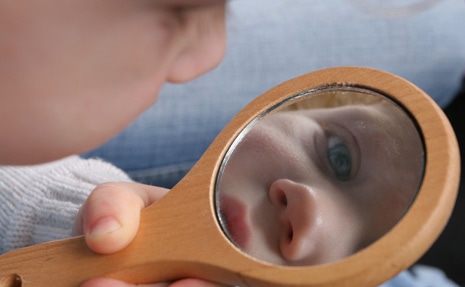When speaking to Dr. Lee Ann Nutt, President of Lone Star College Tomball, on my “Empowering Women in Educational Leadership” October 11th episode, she said that she felt like an ugly duckling when she started out professionally until some key individuals helped her believe in herself and build her confidence to keep growing and developing.
In the journey of professional development, many women have experienced what can be aptly described as the “ugly duckling syndrome.” This phenomenon captures the feeling of self-doubt, critical self-assessment, and a lack of confidence that can plague women as they strive to excel in their careers. However, a remarkable transformation can occur when a single person, often a mentor or supporter, shows unwavering belief in her abilities. This belief can be the catalyst for a profound shift in perspective, turning the “ugly duckling” into a “beautiful swan,” full of confidence and self-love.
The Ugly Duckling Syndrome
The Ugly Duckling Syndrome is not a concept that’s confined to fairy tales; it’s a very real experience for many women in their professional lives. It manifests in various ways:
1. Self-Doubt: Women may question their qualifications, abilities, and worthiness in a professional setting. This self-doubt can be paralyzing and lead to a lack of initiative.
2. Perfectionism: Striving for perfection, women may become overly critical of themselves. They might fear making mistakes and thus miss valuable learning opportunities.
3. Imposter Syndrome: Many women feel like they don’t belong in their roles and attribute their successes to luck or external factors rather than their own competence.
4. Lack of Confidence: The fear of not measuring up often results in a lack of confidence, preventing women from taking on leadership roles or pursuing their true potential.
The Turning Point: Belief in Action
While the Ugly Duckling Syndrome can be pervasive and damaging, it is not an irreversible condition. The key to transformation lies in having someone who believes in you. This person, often a mentor, colleague, or supervisor, can be a powerful catalyst for change. Here’s how their belief can trigger the transformation:
1. Encouragement: Belief instills confidence. When someone believes in a woman’s abilities, they are more likely to take on challenges, try new things, and push beyond their comfort zones.
2. Mentorship: A mentor who sees potential can provide guidance, feedback, and support, helping the woman develop her skills and navigate the complexities of her career.
3. Role Modeling: Seeing someone who believes in her can inspire the woman to believe in herself. She may start emulating her mentor’s confidence and leadership qualities.
4. Positive Feedback Loop: As a woman begins to take on new challenges and excel, she receives positive feedback, reinforcing her belief in her own abilities.
5. Breaking Barriers: Belief can help break down barriers like imposter syndrome, allowing the woman to step into leadership roles with authenticity and confidence.
The Transformation: From Ugly Duckling to Beautiful Swan
As belief turns into action, the transformation begins. The woman gradually sheds the layers of self-doubt and criticism, replacing them with self-assuredness and self-love. She discovers her unique strengths and talents, embracing her authenticity and becoming a true leader in her field.
The Ugly Duckling Syndrome is a common challenge that many women face as they strive to improve their professional lives. However, the power of belief from a mentor, colleague, or supervisor can serve as a catalyst for transformation. When someone believes in a woman’s abilities, it can shatter the shackles of self-doubt, leading to a profound shift in perspective. With newfound confidence and self-love, the woman can emerge from her cocoon of doubt as a beautiful swan, fully realizing her potential and thriving in her professional journey. Remember, believing in someone can be the greatest gift you can give, and it has the power to change lives.
If you are experiencing “Ugly Duckling Syndrome,” I would love to help you! For guidance along your journey, reach out to me for a free consultation at www.drstephanieduguid.com.





